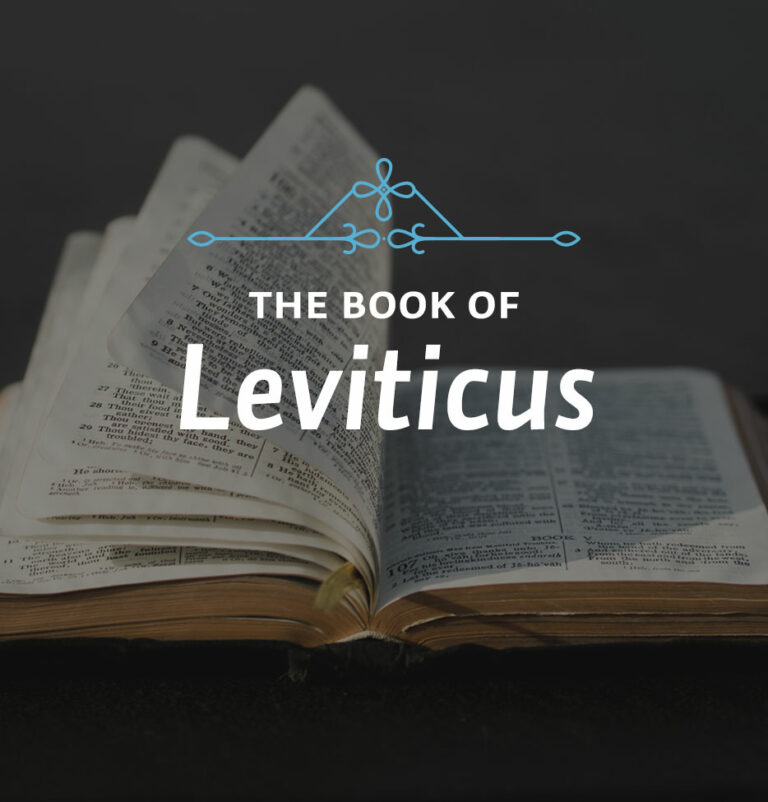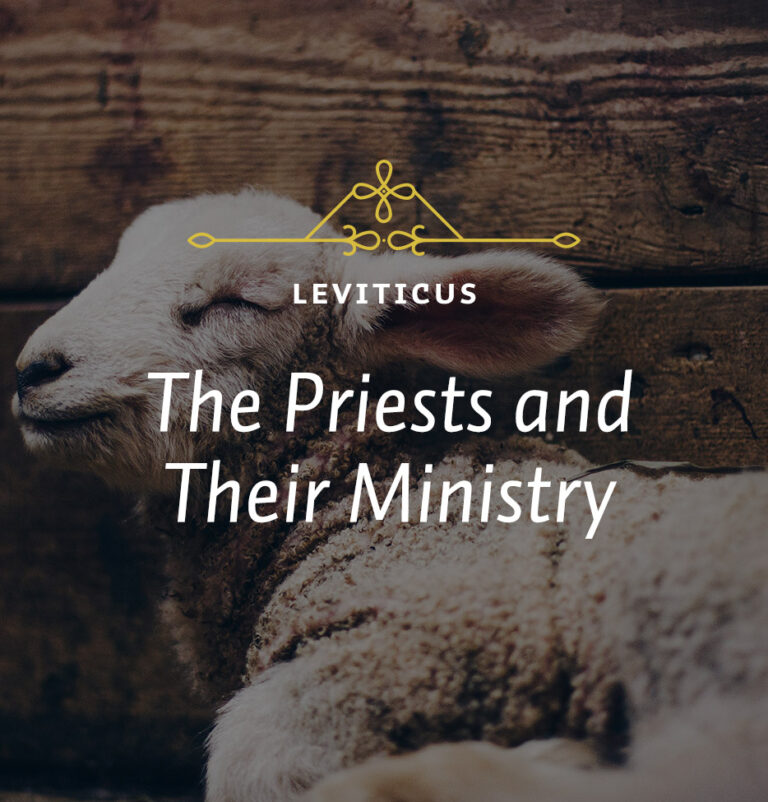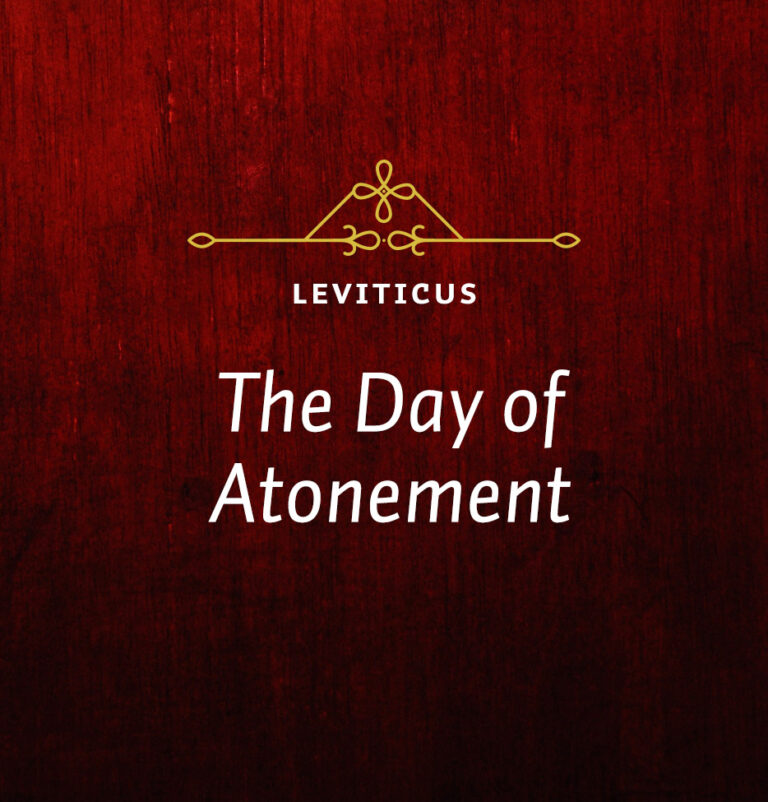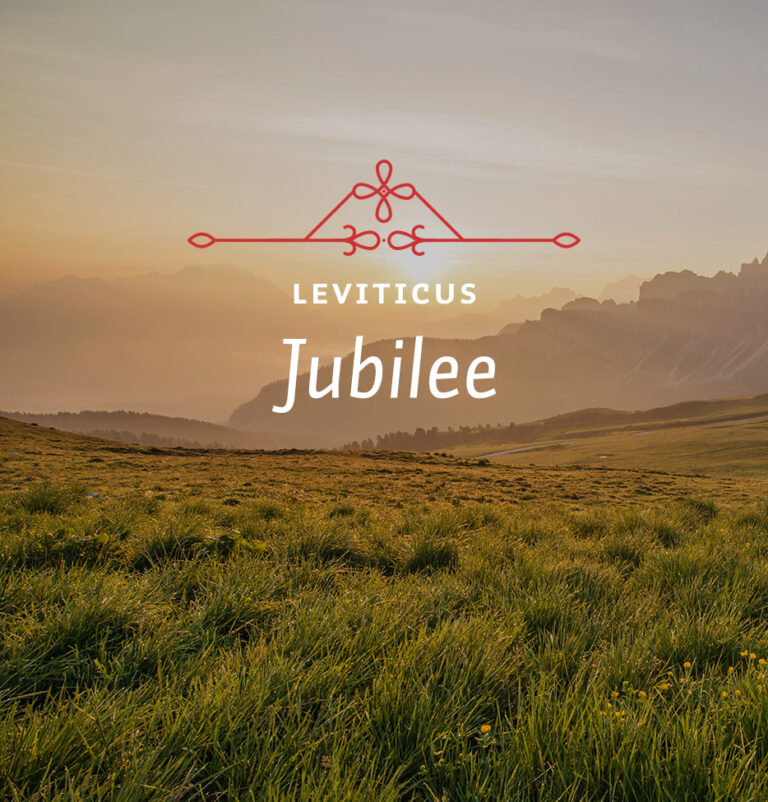
Monday: A Handbook for the Priests: Leviticus 1:1-24:23
Leviticus is the third of these five books of Moses, and therefore stands in the very middle of the Pentateuch. Leviticus has to do primarily with the sacrifices and offerings, and so placing it in the middle of the five books of Moses may be a way of saying that sacrifices stand at the very heart of the Old Testament religion. They also point to the very heart of Christianity, because all of the sacrifices are fulfilled and brought to completion by Jesus Christ. And His death on the cross stands at the very heart of Christianity.






